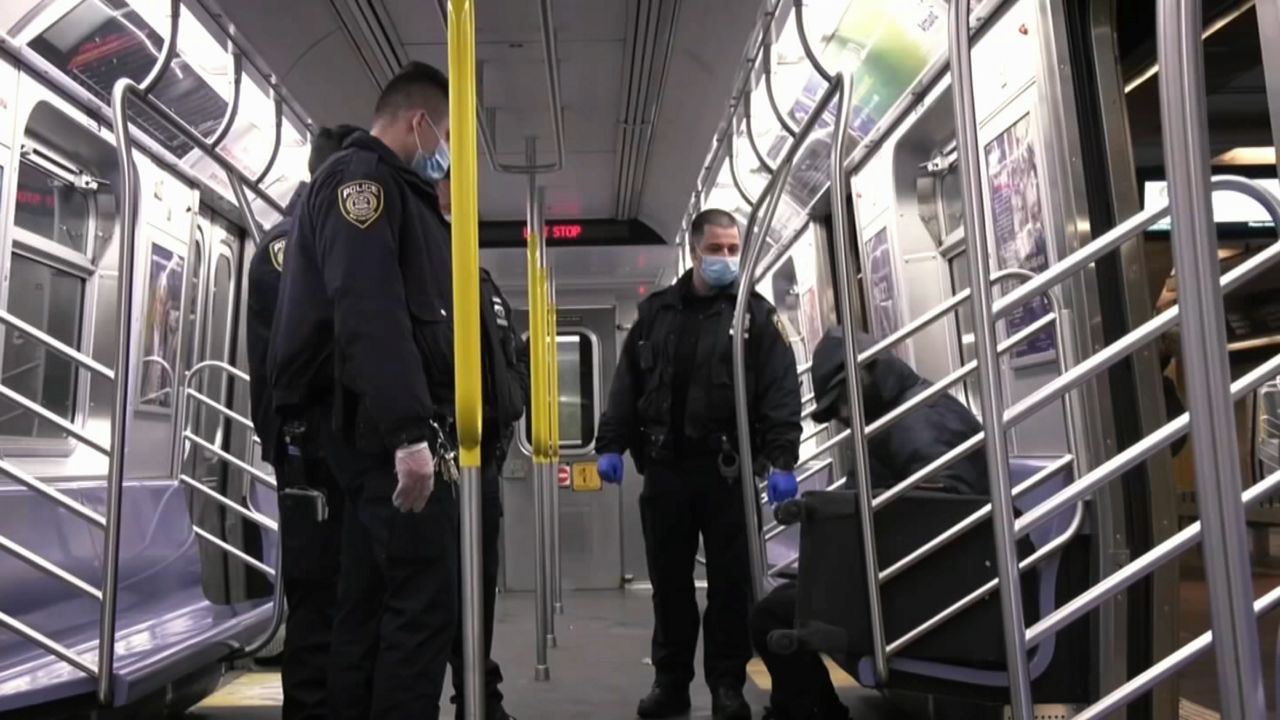Road and train safety is a major concern for New Yorkers.
“You never know, suddenly they don’t come out from behind one or two who can push them. Like all cases that have happened. And the truth is, it’s quite scary” said Nicolás González.
Mayor Eric Adams’ latest effort: a directive to involuntarily hospitalize people who appear to have mental health issues.
“I think it would be cool if they actually picked it up. If they have mental problems, of course. Yes, definitely” said Edgardo Melendez.
YOU MAY BE INTERESTED IN:
“There’s a better way to solve it than grabbing people and throwing them everywhere,” added Dante Velázquez.
Mixed views from New Yorkers as the directive states that a person need not pose a danger or threat to others.
The directive states that the person must only show an inability to satisfy the basic necessities of life or a delusional misunderstanding of one’s environment.
This has drawn criticism from civil rights organizations and low-income communities.
“This program does not respect the rights of sick people,” said Donna Lieberman, executive director, NYCLU.
The responsibility would fall on workers from various agencies, including the NYPD and emergency medical services.
The mayor says workers who comply with the directive will receive training, but some advocates say it’s not enough.
“Being on the street is not a crime. This isn’t technically a crime to have this mental health issue. And that’s not a crime because it involves the police in this, this, this situation,” said VOCAL-NY’s Milton Perez.
Councilwoman Linda Lee, chair of the city council’s mental health committee, said in a statement, “We have many questions and need to see more concrete details surrounding the mayor’s announcement. The vague and broad definitions surrounding the disease and the authority delegated to non-mental health professionals for removal and involuntary hospitalization raise serious concerns”.
Instead, activists say more investment in other solutions is needed.
“We need social services, programs. Of many programs and that are in the communities,” Lieberman added.
“A little more compassion, patience and providing what these people need,” Pérez added.
But there’s one thing everyone agrees on: There’s a mental health crisis that needs to be addressed.


